IUCN Anguillid Eels Specialist Group
The International Union for Conservation of Nature (IUCN) Anguillid Eel Specialist Group works to better understand and protect freshwater eels across the world.
At A Glance
- Years Funded: 2013, 2015, 2018
- Ecosystem Focus: Freshwater
- Species Focus: Fish
- Geographic Focus: International
The International Union for Conservation of Nature (IUCN) Anguillid Eel Specialist Group works to better understand and protect freshwater eels across the world.
There are 16 known species of Anguillidae (freshwater eels) and three subspecies, and they are found all over the world in over 150 different countries. Freshwater eels have complex and little understood life-cycles, involving changes in physical morphology and migrations over huge distances.
At least three species of freshwater eels are classed as Endangered (the Japanese eel and the American eel) or Critically Endangered (the European eel) on the IUCN Red List of Threatened Species, while several others are classed as Data Deficient. Populations of freshwater eels have been declining for the past 40 years or so, and the exact cause of this decline is unknown.
Formed in 2012, the IUCN Anguillid Specialist Group has worked with the Zoological Society of London (ZSL) to prioritise the conservation of Anguilled eels. The group focuses on improving knowledge of freshwater eels and pushing for stronger global protection of these species. It hosted the first ever workshop to carry out IUCN Red List Assessments of freshwater eels in 2013. This was a vital first step in bringing conservation attention to the most threatened eel species, and was instrumental in the European eel being listed on Appendix II of the Convention on Migratory Species, as well as on Appendix II of the Convention on International Trade in Endangered Species of Wild Fauna and Flora (CITES), meaning that trade in the species is closely controlled. The group also engages directly in key countries for freshwater eels, such as Japan, where it works to improve communication between different eel stakeholders and catalyse long-term commitments to conservation of the Japanese eel.
Similar partners:

Act Now!
Act NOW! aims to advance a just and equitable society in Papua New Guinea (PNG) by supporting the national campaigns tha…

Action for Conservation
Action for Conservation is a UK charity with a mission to create the next generation of nature conservationists.…
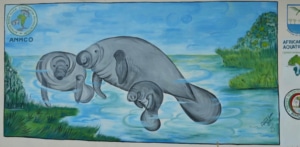
African Marine Mammal Conservation Organization (AMMCO)
African Marine Mammal Conservation Organization (AMMCO) is working to make Central Africa's coastal and aquatic environm…

AgroEcology Fund
The AgroEcology Fund (AEF) is a multi-donor fund (constituted 19 donors from the US, Europe and Asia) set up to support …

Ailan Awareness
Ailan Awareness is a local NGO that directs its efforts towards reinforcing Indigenous sovereignty in connection to biol…

Alliance for Food Sovereignty in Africa (AFSA)
Alliance for Food Sovereignty in Africa (AFSA) is a broad alliance of civil society actors working to promote food sover…

Alliance of Solwara Warriors
The Alliance of Solwara Warriors is a coalition of communities from Papua New Guinea, the Bismarck and Solomon Seas, and…

Amazon Watch
Amazon Watch works to promote human rights, corporate accountability and the preservation of the Amazon’s ecological s…
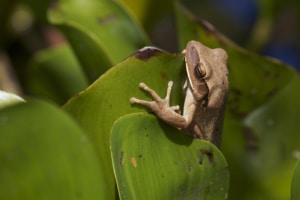
Amphibian Ark
Amphibian Ark (AArk) is a collaboration of organisations dedicated to ensuring the survival and diversity of amphibian s…
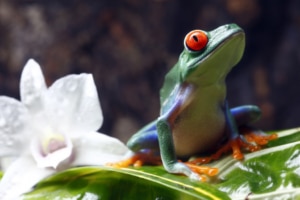
Amphibian Survival Alliance
The Amphibian Survival Alliance (ASA) is a partnership of organisations working to implement conservation actions and re…
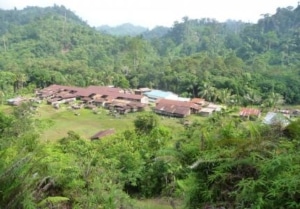
ANAPAC RDC
ANAPAC RDC aims to strengthen and secure the territories of Indigenous Peoples and local communities in the Democratic R…
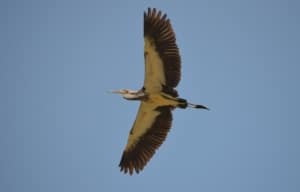
Ashoka Trust for Research in Ecology and the Environment (ATREE)
The Ashoka Trust for Research in Ecology and the Environment (ATREE) is a non-profit organisation which generates interd…
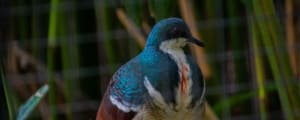
Asian Species Action Partnership (ASAP)
The Asian Species Action Partnership (ASAP) is an alliance of 105 conservation organisations (50 based in Southeast Asia…
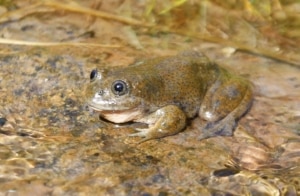
Asociación Pro Fauna Silvestre – Ayacucho
Asociación Pro Fauna Silvestre – Ayacucho supports environmental management, Indigenous People’s rights, and resear…
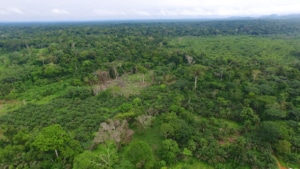
Association Okani
OKANI is a community-based organisation based in the Eastern region of Cameroon established and governed by Baka peoples…

Bank Information Center
Synchronicity Earth supported the Bank Information Center (BIC) to carry out a detailed case study to demonstrate gaps i…

BBC Wildlife Fund
The BBC Wildlife Fund was a UK grant-making charity that aimed to raise awareness and funds for threatened wildlife and…
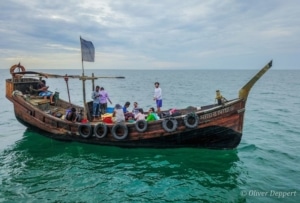
Bengal Elasmo Lab (Alifa Haque)
Bengal Elasmo Lab is an informal collaboration led by Alifa Haque which is working to conserve the sharks and rays of th…

Bioneers
Bioneers is a ‘movement of movements’ – bringing together and empowering voices across diverse sectors all centred…
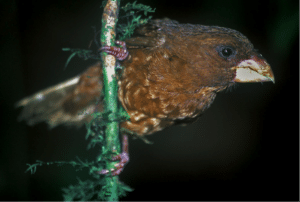
BirdLife International
The islands of São Tomé and Principe, off the coast of West Africa, are one of the continent’s major centres of …

Bismarck Ramu Group
In Papua New Guinea, the Bismarck Ramu Group (BRG) mobilises local and national concerns, such as seabed mining and larg…
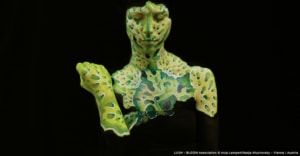
BLOOM Association
Globally, the BLOOM Association, directed by Claire Nouvian, a Pew Fellow and Goldman Prize winner, has been a powerful …
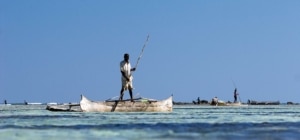
Blue Ventures
Blue Ventures aims to conserve marine ecosystems in Madagascar by working with its communities to develop innovative mod…
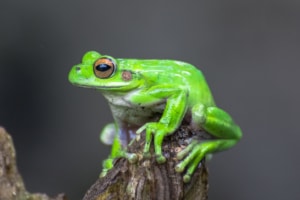
Bolivian Amphibian Initiative
The Bolivian Amphibian Initiative (BAI) was established in 2007 with the goal of preventing endangered species from beco…
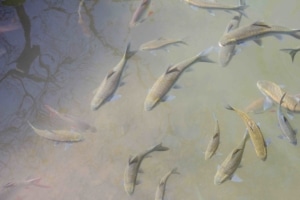
Bournemouth University Centre for Ecology, Environment and Sustainability
The Bournemouth University Centre for Ecology, Environment and Sustainability is the multi-disciplinary research team le…
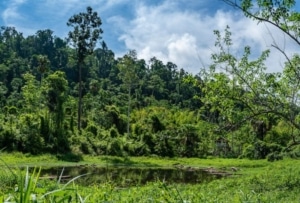
Bukluran
Bukluran works with Indigenous Peoples in the Philippines to map their sacred and protected areas and secure land tenure…

Canopy Planet
Canopy Planet is working with the forest industry’s biggest customers and suppliers to develop business solutions that…

Carbon War Room
Carbon War Room seeks to bring environmental externalities such as the need to conserve biodiversity and ecosystem ser…

Chepkitale Indigenous People Development Project (CIPDP)
The Chepkitale Indigenous People Development Project (CIPDP) is working to secure recognition of the Ogiek community’s…

Chester Zoo
Along with being a much-loved zoo in the North of England, Chester Zoo is registered organisation that fights species ex…
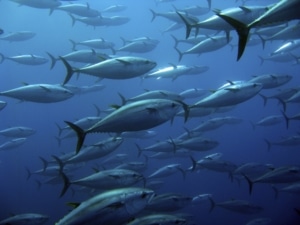
ClientEarth
ClientEarth is an organisation of activist lawyers committed to securing a healthy planet. They work to protect the envi…

Coalition des Femmes Leaders pour l’Environnement et le Développement Durable (CFLEDD)
The Coalition of Female Leaders for the Environment and Sustainable Development (CFLEDD) was established in 2011 as a pl…

Coalition of Civil Society Organisations for the Monitoring of Reforms and Public Action (CORAP)
CORAP aims to positively promote and contribute to the social wellbeing of Congolese people.…
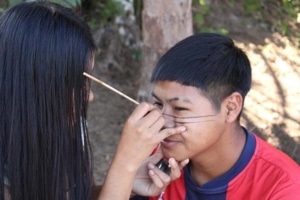
Comissão Guarani Yvyrupa (CGY)
Comissão Guarani Yvyrupa (CGY) is an Indigenous organisation that unites Brazil's Mbya and Avá Guarani people in the s…

Compassion in World Farming
Compassion in World Farming (CiWF) investigates and exposes the true costs of factory farming, calling to account those …
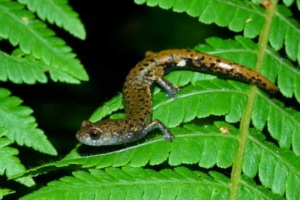
Conservación de Anfibios
Conservación de Anfibios protects eight hectares of Mexican cloud forest, with a focus on the many amphibian species wh…
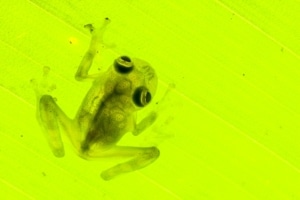
Conservation Evidence
Synchronicity Earth funded Conservation Evidence, based at Cambridge University, to produce a synopsis for conservatio…

Conservation Optimism
Conservation Optimism is a global grassroots movement inspiring and empowering people around the world to make a positiv…

Cultural Survival
Cultural Survival is an Indigenous-led NGO and USA-registered non-profit that has backed Indigenous Peoples' rights and …

Deep Ocean Stewardship Initiative (DOSI)
A group of specialists from many fields have come together to form the Deep Ocean Stewardship Initiative (DOSI), which i…
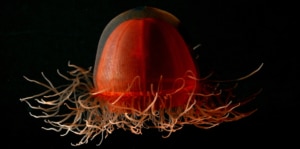
Deep Sea Conservation Coalition
The largest ecosystem on the globe, the deep sea, has been the target of increased protection efforts since 2004 thanks …

Dignité Pygmée (DIPY)
Dignité Pygmée (DIPY) is a non-profit advocacy group which promotes the equality of native Indigenous Peoples in the D…
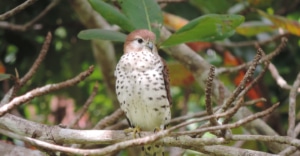
Durrell Wildlife Conservation Trust
The Durrell Wildlife Conservation Trust strives to prevent the extinction of species through field programmes, training,…

Dynamique des Groupes des Peuples Autochtones
Dynamique des Groupes des Peuples Autochtones (DGPA) is a network of around 45 organisations, including indigenous fores…
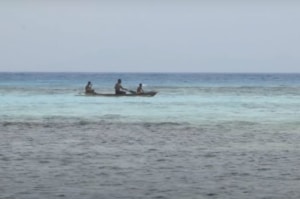
Eco Custodian Advocates
Eco Custodian Advocates is a Papua New Guinean conservation organisation that promotes marine management and community-d…
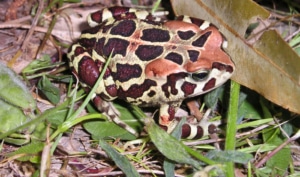
Endangered Wildlife Trust
The Endangered Wildlife Trust is a South African conservation organisation dedicated to conserving threatened species an…
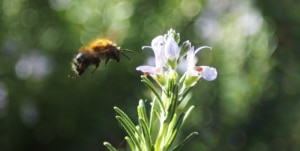
Environmental Funders Network (EFN)
The Environmental Funders Network is aiming to increase the amount of financial support for environmental causes and to …

Environmental Investigation Agency
The Environmental Investigation Agency (EIA) is an investigative, campaigning and partnership-building organisation comm…
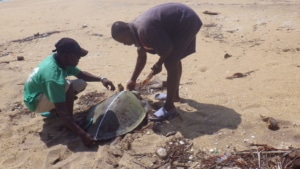
Environmental Justice Foundation
Environmental Justice Foundation (EJF) works across the globe to tackle and bring international attention to forgotten …

Fauna & Flora International
Founded in 1903, Fauna & Flora International (FFI) is the world’s longest-established international conservati…
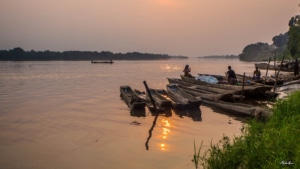
FESO: Femmes Solidaires
Femmes Solidaires (FESO) is a coalition of 24 Congolese women’s groups advocating for equal energy access and democrat…

Field Advisory Legality Group
Field Legality Advisory Group (FLAG) was established by a group of three Cameroonian experts in 2012 to build the capac…

Finance for Biodiversity Foundation
The Finance for Biodiversity Foundation aims to increase action in the finance sector to reduce biodiversity impacts.…

Forest Peoples Programme
Forest Peoples Programme (FPP) works across the tropics to ensure that forest peoples are able to secure their land righ…
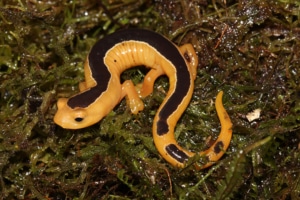
Foundation for Ecodevelopment and Conservation (FUNDAECO)
FUNDAECO is one of the main conservation organizations in Guatemala, working to conserve biodiversity and promote sustai…

Fundación Atelopus
Fundación Atelopus is a Colombian non-governmental organisation (NGO) dedicated to saving amphibians and reptiles in th…
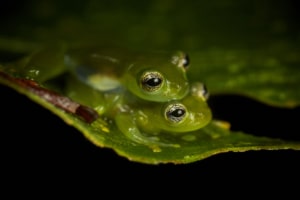
Fundación Jocotoco
Fundación Jocotoco is an Ecuadorian non-profit organisation whose mission is to protect the most threatened species and…
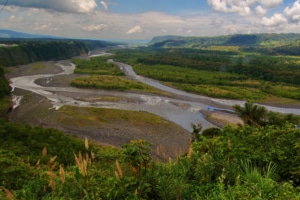
Fundación Pachamama
Fundación Pachamama works to permanently protect the headwaters and indigenous territories in the Ecuadorian Amazon.…

Gaia Foundation
The Gaia Foundation works to revive bio-cultural diversity, regenerate healthy ecosystems and strengthen community ecolo…
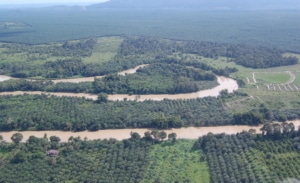
Genetic Resources Action International (GRAIN)
GRAIN is an international NGO that began in the 1980s as a coalition of likeminded people doing research, advocacy and l…

Global Alliance for the Rights of Nature (GARN)
The Global Alliance for the Rights of Nature (GARN) is working to create a system of law that sees and treats Nature as …

Global Canopy Programme
The Global Canopy Programme is an alliance of scientific institutions around the world, applying the tropical forest int…
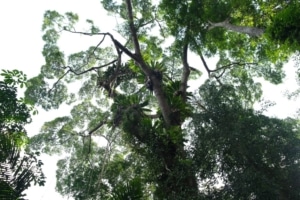
Global Environment Centre
Global Environment Centre is a Malaysian NGO supporting environmental protection and sustainable use of natural resource…

Global Witness
For 18 years, Global Witness has run pioneering campaigns against natural resource-related conflict and corruption and a…

Global Youth Biodiversity Network (GYBN)
Global Youth Biodiversity Network (GYBN) is set on building a global union between youth organisations and individuals a…

GLOBE International
GLOBE International was founded in 1989 by legislators from the US, Europe, Japan and Russia to respond to urgent enviro…

Green Development Advocates
Green Development Advocates (GDA) is a Cameroonian organisation which works with forest communities and indigenous peopl…
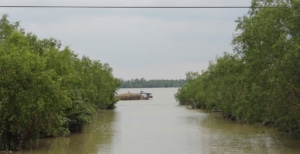
Green ID
Synchronicity Earth supported Green ID’s work in the Mekong delta in 2014 and 2015 to ensure communities are able to p…

Greenpeace
Greenpeace is an independent global campaigning organisation that acts to change attitudes and behaviour, to protect and…

GreenViet
GreenViet is taking action to help communities understand and respect biodiversity in Central Vietnam and Central Highla…
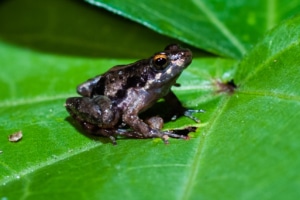
Herp Conservation Ghana
Herp Conservation Ghana (Herp-Ghana) is a registered non-governmental, non-profit organisation dedicated to amphibian an…
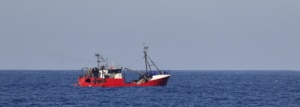
High Seas Alliance
The High Seas Alliance is a powerful coalition of organisations that works to unify the voices of civil society to achie…

HUTAN-Kinabatangan Orangutan Conservation Project
Hutan was founded in 1998 by Drs. Isabelle Lackman and Marc Ancrenaz with a primary focus on orang-utan research. Since …
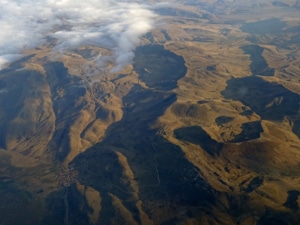
ICCA Consortium
The ICCA Consortium is dedicated to promoting recognition and support of Indigenous Peoples’ and Community Conserved A…

Instituto Biotrópicos
Instituto Biotrópicos is a Brazilian environmental organisation, founded to promote science-based conservation action.…
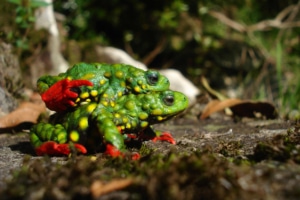
Instituto Curicaca
Instituto Curicaca is a Brazilian NGO that works for the conservation of nature, the appreciation of culture and the pro…

Instituto Juruá
Instituto Juruá works with community leaders and local associations along the Juruá River, in the heart of Brazil’s …
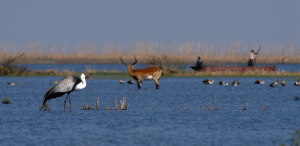
International Crane Foundation
The ICF was initially established to protect the worlds 15 crane species, but has since developed into an innovative con…

International Rivers
International Rivers is leading the charge in protecting the world's river systems. Rivers are a biodiversity hotspot be…
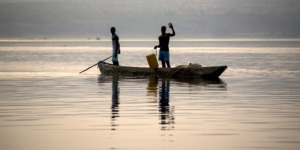
International Rivers Africa Programme
International Rivers’ Africa Programme works across the continent to protect river systems and advance the rights of l…

International Tree Foundation
International Tree Foundation (ITF) has worked for more than 80 years, supporting community forestry projects in the UK …
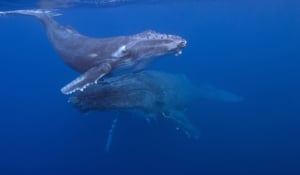
Iruka & Kujira (Dolphin & Whale) Action Network
The Iruka & Kujira (Dolphin & Whale) Action Network (IKAN) is working to promote cetacean conservation by creating and i…
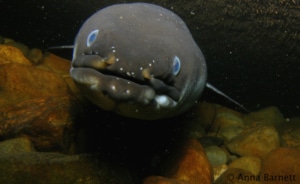
IUCN Anguillid Eels Specialist Group
The International Union for Conservation of Nature (IUCN) Anguillid Eel Specialist Group works to better understand and …
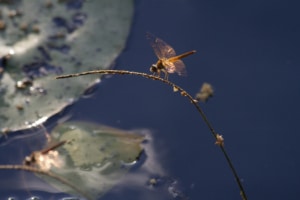
IUCN Biodiversity Assessment and Knowledge Team (BAKT) – Freshwater Unit
The Biodiversity Assessment and Knowledge Team (BAKT) – Freshwater Unit of the International Union for Conservation of…
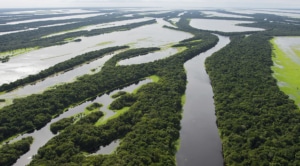
IUCN Freshwater Conservation Committee
The IUCN Freshwater Conservation Committee is dedicated to coordinating action to conserve and restore freshwater enviro…
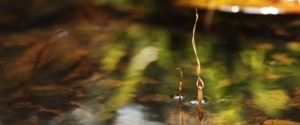
IUCN Freshwater Plants Specialist Group (FPSG)
The International Union for Conservation of Nature (IUCN) Freshwater Plants Specialist Group (FPSG) is part of the Speci…

IUCN Orchid Specialists Group (OSG)
The IUCN Orchid Specialists Group is a network committed to the conservation and sustainable utilisation of orchid speci…

IUCN Red List of Threatened Species
Synchronicity Earth has supported the International Union for Conservation of Nature (IUCN) in undertaking a comprehen…

IUCN Species Conservation Planning Sub-Committee
The Species Planning Conservation Sub-Committee (SCPSC) is working to build capacity to create effective, strategic pla…
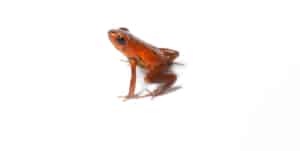
IUCN SSC Amphibian Red List Authority
The International Union for the Conservation of Nature (IUCN) Species Survival Commission (SSC) Amphibian Red List Autho…

IUCN SSC Primate Specialist Group
The Primate Specialist Group is a network of scientists and conservationists coordinating action for the conservation of…
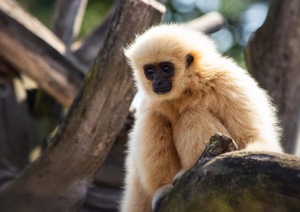
IUCN SSC Primate Specialist Group Section on Small Apes
The IUCN SSC PSG Section on Small Apes (SSA) is a global network of experts collaboratively taking necessary and tangibl…
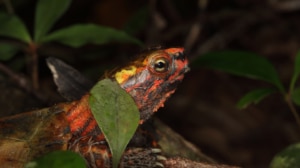
IUCN Tortoise and Freshwater Turtle Red List Authority (TFTRLA)
The Tortoise and Freshwater Turtle Red List Authority’s (TFTRLA) mission is to identify and document threats to the su…
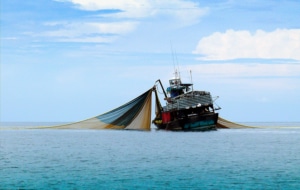
IUCN Unselective, Unsustainable, and Unmonitored Trawl Fisheries Situation Analysis
International Union for Conservation of Nature (IUCN) Unselective, Unsustainable, and Unmonitored Trawl Fisheries Situat…

Karawari Cave Arts Fund
Synchronicity Earth began supporting the work of Nancy Sullivan and her team in 2014 to conduct a biodiversity survey of…
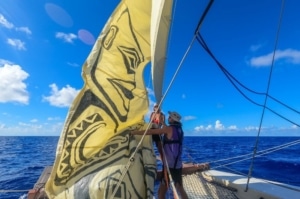
Kōrero O Te `Ōrau
Kōrero O Te `Ōrau is an environmental NGO in the Cook Islands dedicated to improving the wellbeing of its Indigenous P…

LifeMosaic
LifeMosaic supports communities and movements to protect their rights, cultures, and territories, and to determine their…

Living River Association
Living River Association is a grassroots NGO working towards community-based conservation of the Mekong River and its tr…
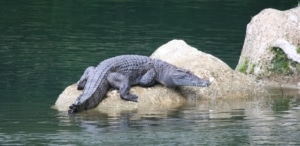
Mabuwaya Foundation
The Mabuwaya Foundation encourages the protection of endemic and endangered species in the Philippines, by integrating l…
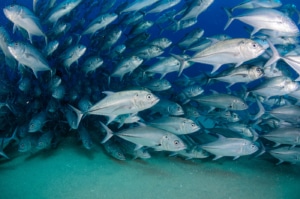
Make Stewardship Count
Make Stewardship Count is a coalition of 82 NGOs, scientists, and other organisations that is requesting urgent and quic…
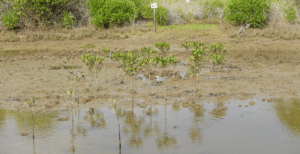
Mangrove Action Project
The Mangrove Action Project (MAP) collaborates with local governments, grassroots NGOs, researchers, and communities who…

María Chang
María Chang is establishing an organisation which will protect amphibians and reptiles in the cloud forests of Guatemal…
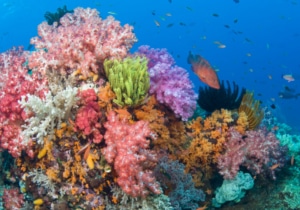
Marine Safe
MarineSafe is an organization that aims to reduce the number of toxic chemicals and plastics finding their way into the …

Mbou Mon Tour
Mbou Mon Tour is a group of communities working in Mai Ndombe, Democratic Republic of Congo (DRC), to protect forests an…
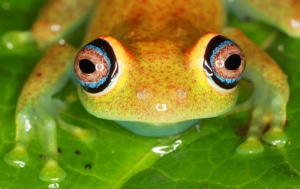
Miaro Ny Sahona (MISA)
Miaro Ny Sahona (MISA) is currently being established as the first hub for amphibian conservation in Madagascar.…

Mitigation & Conservation Hierarchy
The Mitigation & Conservation Hierarchy extends the principles of the four-step Mitigation Hierarchy to provide a framew…

Mulheres em Ação no Pantanal (MUPAN)
Mulheres em Ação no Pantanal (MUPAN) works to promote measures that defend quality of life for local communities and t…

Oceans Initiative
Oceans Initiative was established in 2007 by Rob Williams and Erin Ashe, two marine biologists based in British Columbia…
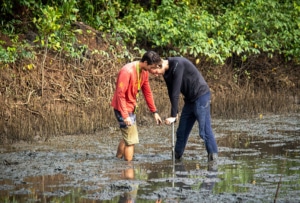
Oceanus Conservation
Oceanus Conservation is a youth- and women-led organisation focusing on the conservation and restoration of ‘blue carb…

Okapi Conservation Project
The Okapi Conservation Project (OCP) works to conserve the rainforest and wildlife of the Okapi Wildlife Reserve through…

OneReef
OneReef is working to scale up coral reef protection across Micronesia, while providing long-term sustainable livelihoo…
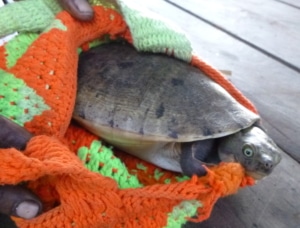
Piku Biodiversity Network
The Piku Biodiversity Network informs and empowers local communities to work together to maintain a healthy environment …
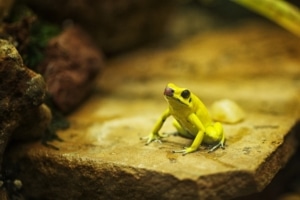
Pink Tree Frog Productions
Synchronicity Earth part-funded a film trailer by Lucy Cooke about one of the world’s most deadly species – the Gold…
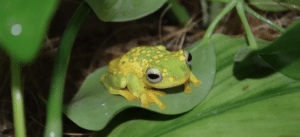
Project Palaka
Project Palaka is the first ex-situ amphibian conservation program in the Philippines.…
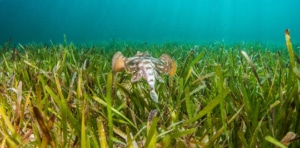
Project Seagrass
Project Seagrass is a marine conservation charity dedicated to ensuring that seagrass meadows are protected globally, fo…
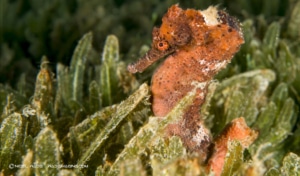
Project Seahorse
Project Seahorse is a marine conservation organisation committed to the conservation and sustainable use of the world’…

Rainforest Action Network
Rainforest Action Network preserves forests, protects the climate and upholds human rights by challenging corporate powe…

Rainforest Foundation UK
Rainforest Foundation UK (RFUK) works with local civil society groups to challenge destructive models of development and…

Reseau CREF
Réseau CREF (Network for the Conservation and Restoration of Forest Ecosystems) is a coalition of around 30 local organ…

Rights and Resources Initiative (RRI)
The Rights and Resources Initiative (RRI) is a global coalition of more than 200 organisations dedicated to advancing th…

Royal Society for Protection of Nature
Royal Society for Protection of Nature (RSPN) is the only Bhutanese led wildlife conservation organisation.…

Saola Foundation
Saola Foundation is a US registered organisation devoted to saving saola and advancing conservation of the Annamite Moun…

SatuCita Foundation
The SatuCita Foundation focuses on conserving turtles, tortoises, and nature in Indonesia, especially in North Sumatra.…
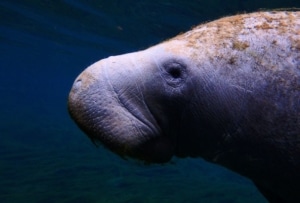
Save Andaman Network (SAN)
Save Andaman Network (SAN) is a Thai NGO focused on supporting coastal livelihoods in Southern Thailand in ways that pro…

Save Ghana Frogs
Save Ghana Frogs, founded in 2011, is the only environmental NGO in Ghana to exclusively dedicate itself to the conserva…

Save Vietnam’s Wildlife
Save Vietnam’s Wildlife (SVW) was established to secure a future for Vietnam’s wildlife. SVW protects and increases …
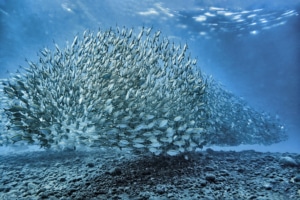
ShareAction
ShareAction is dedicated to making the global investment sector take responsibility for its impact and help tackle the c…
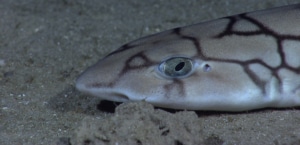
Shark Trust
The Shark Trust is a leading UK-based charity that works globally to safeguard the future of sharks through positive c…
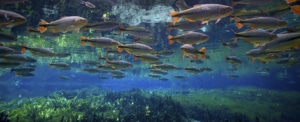
Shoal
Shoal is an exciting new initiative aimed at engaging a wide range of organisations to grow and develop interest and fun…

Slow Food Trust
Slow Food UK believes that changing the way we eat—the way we select our food, the way we prepare and consume it—can…
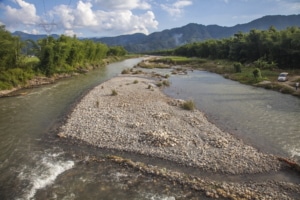
Southwest Forestry University
We have provided Professor Han at the Southwest Forestry University with two grants to carry out awareness-raising and i…
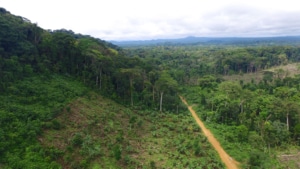
Struggle to Economize Future Environment
Struggle to Economize Future Environment (SEFE) is a grassroots NGO which mobilises communities in Southwest Cameroon to…

Students Organising for Sustainability (SOS-UK)
Students Organising for Sustainability UK (SOS-UK) is a student-led education charity that supports students and young p…

Sustainable Development Institute
Sustainable Development Institute (SDI) works at the local and national level to improve forest governance by securing c…
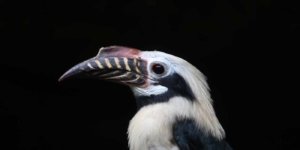
Talarak Foundation Inc.
Talarak Foundation Inc. works on the Philippine island of Negros to rescue, rehabilitate and protect threatened local sp…

Tesoro Escondido
The Ecuadorian province of Esmereldas is home to Tesoro Escondido, a wildlife sanctuary. The reserve was established as …

TFT
TFT (formerly the Tropical Forest Trust) addresses deforestation by working with forest companies to help them transform…

The Wild Network
Synchronicity Earth supported Project Wild Thing and The Wild Network to help children reconnect with nature. Project W…
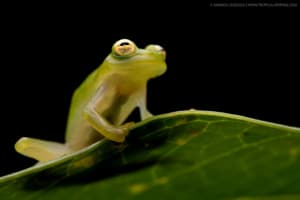
Tropical Herping (Fundación Jocotoco)
Tropical Herping is an initiative striving to preserve tropical reptiles and amphibians through tourism, photography, re…

VOYAGE Youth
Voice of Youth and Genuine Empowerment (VOYAGE) is a social justice charity that aims to empower marginalised young blac…

Well Grounded
Well Grounded works across the Congo Basin for civil society organisations (CSOs) to provide organisation and strategy d…
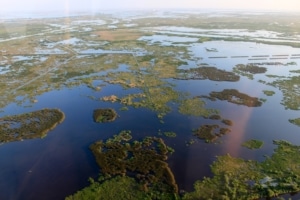
Wetlands International
Synchronicity Earth supported Wetlands International to carry out a user needs assessment to understand what and how in…
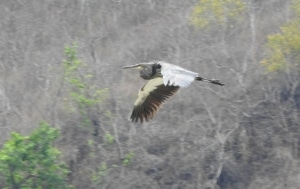
White-bellied Heron – Indian Communication and Coordination
We have worked with Ashoka Trust for Research in Ecology and the Environment (ATREE) to coordinate and communicate actio…

White-bellied Heron – International Coordination and Knowledge Sharing
We have co-organised and funded two international meetings in conjunction with our White-bellied heron (WBH) work, bring…

WildAct
WildAct is a not-for-profit organisation in Vietnam providing conservation education to motivate and engage local people…
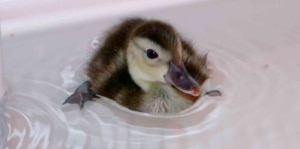
Wildfowl and Wetlands Trust
Wildfowl and Wetlands Trust (WWT) works to conserve wildfowl and their habitats in the UK and internationally through th…

Wildlife Conservation Society
The Wildlife Conservation Society (WCS) is working to empower Kenyan communities in sustainably managing their fisheries…
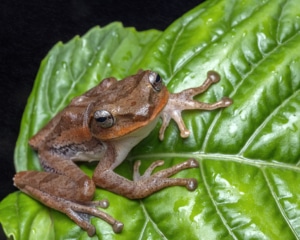
Wildlife Trust of India
The Wildlife Trust of India (WTI) is a conservation charity created in 1998 with the purpose of protecting wildlife and …

Yayasan Bumi Sawerigading (YBS)
Yayasan Bumi Sawerigading (YBS) is a non-profit organisation located in Sulawesi, Indonesia. It works towards a model of…
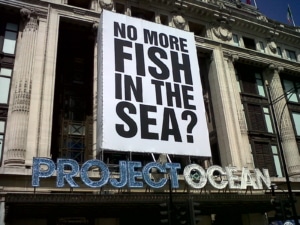
Zoological Society of London
Synchronicity Earth has supported the Zoological Society of London (ZSL) for a number of years. Below are some of our hi…

Zoological Society of London – Finless Porpoise
The Critically Endangered Yangtze finless porpoise is a subspecies of cetacean found only in the Yangtze river, China. O…

Zoological Society of London – Saola Populations
The Zoological Society of London (ZSL) and partners are conducting community-based saola (Pseudoryx nghetinhensis) pop…
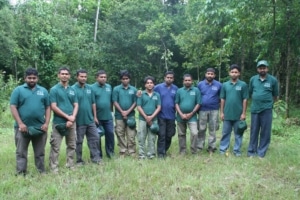
ZSL EDGE of Existence
Since 2007 EDGE has provided small grants, training and technical advice to 17 future conservation leaders (‘EDGE …
